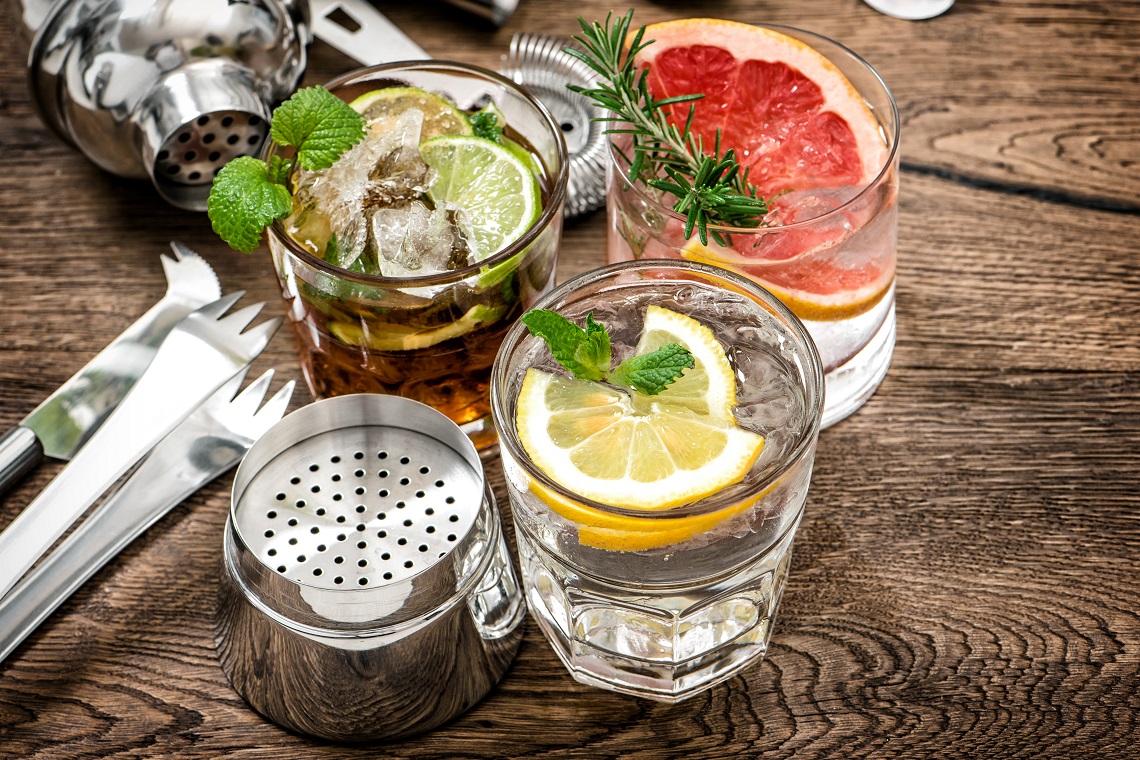The two leading associations supporting Australia’s spirits industry and its producers, Spirits and Cocktails Australia and the Australian Distillers Association, have joined forces to try help ease the pressure that the country’s taxation system is putting on the industry.
Earlier this week another crippling 3.7 per cent rise in excise hit spirits producers, taking the tax on spirits in Australia to nearly $100 per litre of alcohol, with Spirits and Cocktails Australia’s Chief Executive, Greg Holland, describing the excise hike as a “cruel blow” for an industry already hit hard by high inflation.
“This latest excise hike means that spirits producers are now staring down the barrel of paying $100 per litre of alcohol. Australia already pays the third highest spirits tax in the world, with the impost worsening every six months due to these automatic CPI increases,” Holland said.
“It is unsustainable.”
“This six-monthly tax hike is felt by spirits producers right across the nation. It is a handbrake on the jobs, investment and innovation needed to help our industry truly compete on the world stage,” he said.
“Australia’s most exciting industry is being held back by one of the world’s most punitive tax systems.”
Australia’s spirits industry does understand the challenges facing the Federal Budget, according to Australian Distillers Association chief executive Paul McLeay, but he said now was the right time to consider “modest changes” to current spirits excise arrangements to unlock opportunities for investment and growth.
“A simpler, fairer tax system will turbocharge the investment environment for spirits producers, both domestic and global, to create premium drinks for local consumers, as well as grow export markets,” McLeay said.
“It will be a win-win. We can have the world’s best producers of high-quality spirits right here in Australia. All we are asking for is sensible and modest reforms from a Federal Government aiming to build up the capability of domestic manufacturing industries,” he added.
The spirits sector delivers $11.6bn in total value-add to the Australian economy and employs around 5000 people in manufacturing. Holland said that critically, two-thirds of these manufacturing operations are in regional and rural Australia, bringing important economic benefits to these communities.
“But we are still only seeing a fraction of the potential that the Australian spirits industry represents – and that will continue while we are made to suffer this crippling tax system,” he said.

